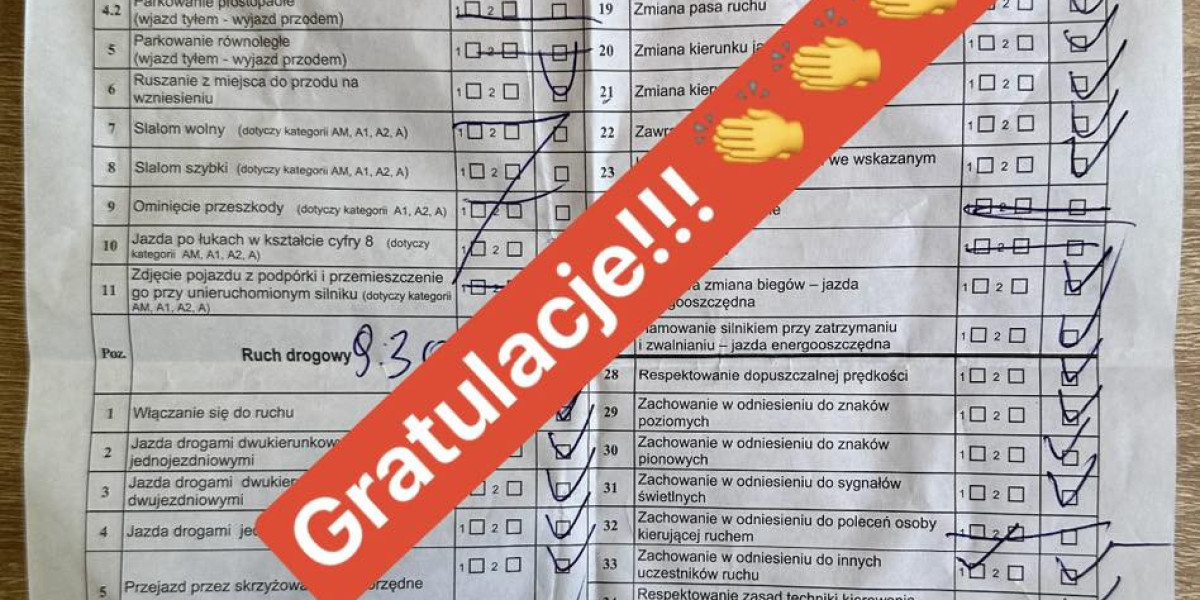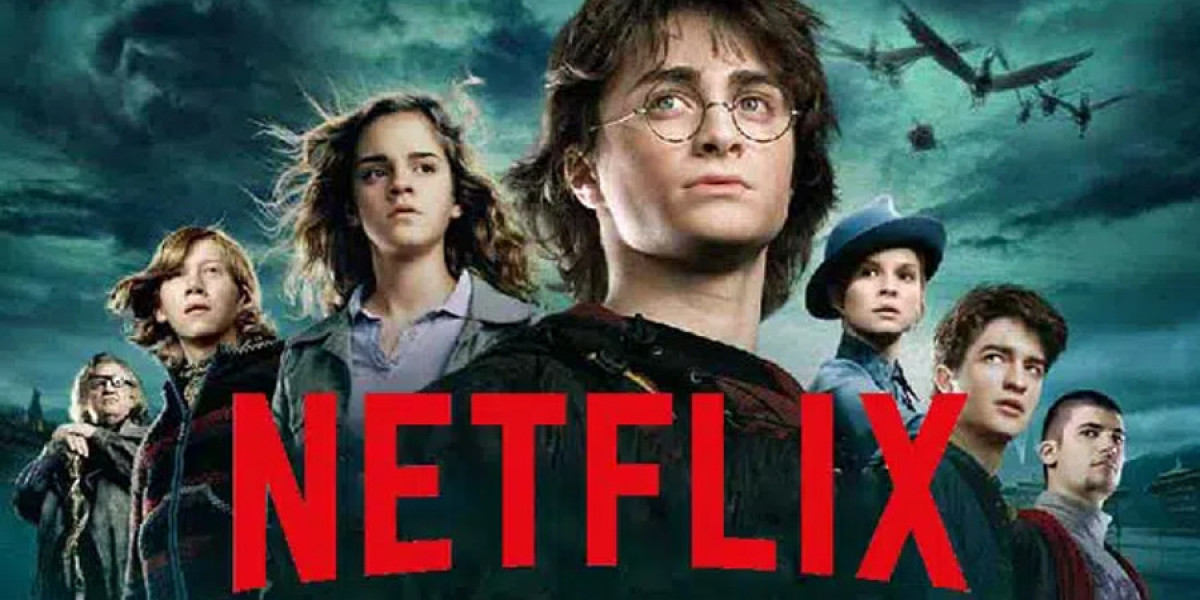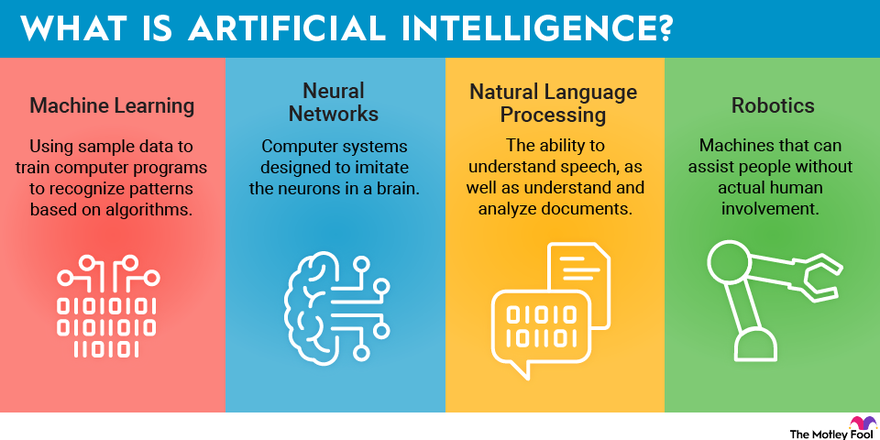
For Christmas I got an intriguing gift from a buddy - my very own "best-selling" book.
"Tech-Splaining for Dummies" (excellent title) bears my name and my picture on its cover, and it has radiant evaluations.
Yet it was completely composed by AI, with a couple of basic prompts about me provided by my good friend Janet.
It's an interesting read, and uproarious in parts. But it likewise meanders rather a lot, and is somewhere in between a self-help book and a stream of anecdotes.
It simulates my chatty design of composing, but it's also a bit repetitive, and extremely verbose. It may have exceeded Janet's triggers in collating data about me.
Several sentences start "as a leading innovation journalist ..." - cringe - which might have been scraped from an online bio.
There's likewise a mystical, repeated hallucination in the kind of my feline (I have no animals). And there's a metaphor on nearly every page - some more random than others.
There are lots of business online offering AI-book composing services. My book was from BookByAnyone.
When I called the president Adir Mashiach, based in Israel, he told me he had sold around 150,000 personalised books, generally in the US, given that rotating from compiling AI-generated travel guides in June 2024.
A paperback copy of your own 240-page long best-seller costs ₤ 26. The firm uses its own AI tools to generate them, based upon an open source big language design.
I'm not asking you to purchase my book. Actually you can't - just Janet, who produced it, can order any additional copies.
There is presently no barrier to anyone producing one in anybody's name, including stars - although Mr Mashiach states there are guardrails around violent material. Each book includes a printed disclaimer mentioning that it is imaginary, developed by AI, and created "exclusively to bring humour and pleasure".
Legally, the copyright belongs to the company, however Mr Mashiach stresses that the item is planned as a "customised gag present", and the books do not get sold further.
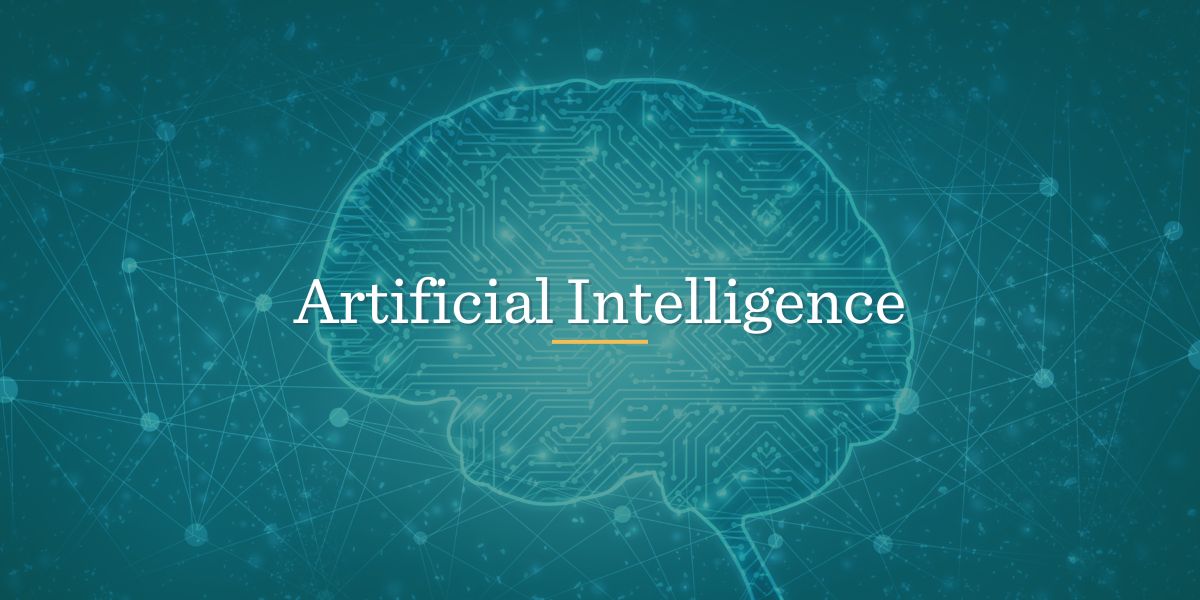
He hopes to broaden his range, producing different categories such as sci-fi, and perhaps offering an autobiography service. It's developed to be a light-hearted type of consumer AI - offering AI-generated items to human clients.
It's likewise a bit scary if, like me, you compose for a living. Not least due to the fact that it probably took less than a minute to generate, and it does, definitely in some parts, sound much like me.
Musicians, authors, artists and actors worldwide have expressed alarm about their work being used to train generative AI tools that then churn out similar content based upon it.
"We should be clear, when we are speaking about data here, we really mean human creators' life works," states Ed Newton Rex, creator of Fairly Trained, which projects for AI companies to regard creators' rights.
"This is books, this is short articles, this is images. It's artworks. It's records ... The entire point of AI training is to discover how to do something and then do more like that."
In 2023 a tune featuring AI-generated voices of Canadian vocalists Drake and The Weeknd went viral on social media before being pulled from streaming platforms due to the fact that it was not their work and they had actually not consented to it. It didn't stop the track's creator attempting to choose it for a Grammy award. And despite the fact that the artists were fake, it was still hugely popular.
"I do not believe using generative AI for innovative functions should be prohibited, however I do believe that generative AI for these purposes that is trained on individuals's work without permission must be banned," Mr Newton Rex includes. "AI can be extremely effective however let's construct it fairly and fairly."
OpenAI says Chinese rivals using its work for their AI apps
DeepSeek: The Chinese AI app that has the world talking
China's DeepSeek AI shakes industry and damages America's swagger
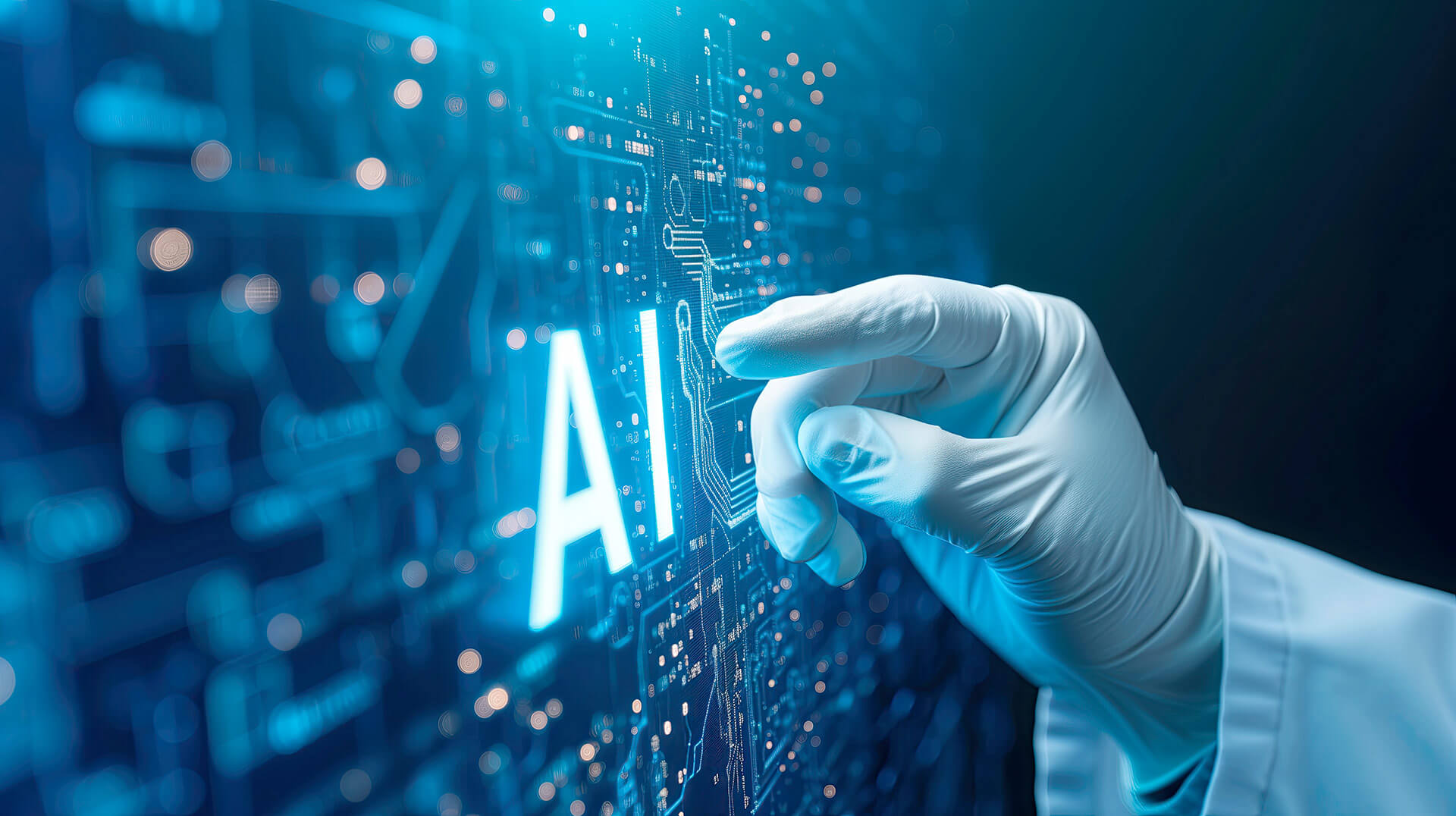
In the UK some organisations - consisting of the BBC - have actually chosen to obstruct AI developers from trawling their online content for training functions. Others have actually decided to team up - the Financial Times has partnered with ChatGPT developer OpenAI for instance.
The UK federal government is considering an overhaul of the law that would enable AI developers to utilize developers' content on the web to help develop their models, unless the rights holders decide out.
Ed Newton Rex explains this as "madness".
He explains that AI can make advances in locations like defence, health care and logistics without trawling the work of authors, reporters and artists.

"All of these things work without going and altering copyright law and destroying the incomes of the country's creatives," he argues.
Baroness Kidron, a crossbench peer in your house of Lords, is also strongly versus eliminating copyright law for AI.
"Creative markets are wealth developers, 2.4 million tasks and a great deal of happiness," says the Baroness, who is also a consultant to the Institute for Ethics in AI at Oxford University.
"The federal government is undermining one of its best carrying out markets on the unclear pledge of development."
A government spokesperson stated: "No relocation will be made until we are absolutely positive we have a practical strategy that delivers each of our objectives: increased control for best holders to help them license their content, access to premium material to train leading AI models in the UK, and more openness for best holders from AI designers."
Under the UK government's brand-new AI strategy, a nationwide information library containing public information from a wide variety of sources will likewise be provided to AI researchers.
In the US the future of federal guidelines to control AI is now up in the air following President Trump's go back to the presidency.
In 2023 Biden signed an executive order that intended to enhance the security of AI with, amongst other things, firms in the sector required to share details of the workings of their systems with the US government before they are released.
But this has now been rescinded by Trump. It stays to be seen what Trump will do instead, prawattasao.awardspace.info however he is said to want the AI sector to deal with less policy.
This comes as a number of suits versus AI companies, and especially versus OpenAI, continue in the US. They have actually been gotten by everybody from the New York Times to authors, music labels, and even a comic.
They claim that the AI companies broke the law when they took their material from the web without their approval, and utilized it to train their systems.
The AI business argue that their actions fall under "reasonable usage" and are for that reason exempt. There are a number of aspects which can make up fair usage - it's not a straight-forward definition. But the AI sector is under increasing examination over how it collects training information and whether it need to be spending for it.
If this wasn't all enough to contemplate, Chinese AI firm DeepSeek has actually shaken the sector over the past week. It became the many downloaded free app on Apple's US App Store.
DeepSeek declares that it established its technology for a portion of the rate of the likes of OpenAI. Its success has actually raised security concerns in the US, and threatens American's existing supremacy of the sector.
As for me and a profession as an author, I believe that at the moment, if I actually desire a "bestseller" I'll still need to compose it myself. If anything, Tech-Splaining for Dummies highlights the present weak point in generative AI tools for bigger jobs. It is complete of inaccuracies and hallucinations, and it can be quite challenging to check out in parts because it's so long-winded.
But offered how quickly the tech is progressing, I'm unsure for how long I can stay positive that my substantially slower human writing and modifying abilities, are much better.

Sign up for our Tech Decoded newsletter to follow the most significant developments in international technology, with analysis from BBC correspondents worldwide.
Outside the UK? Sign up here.






